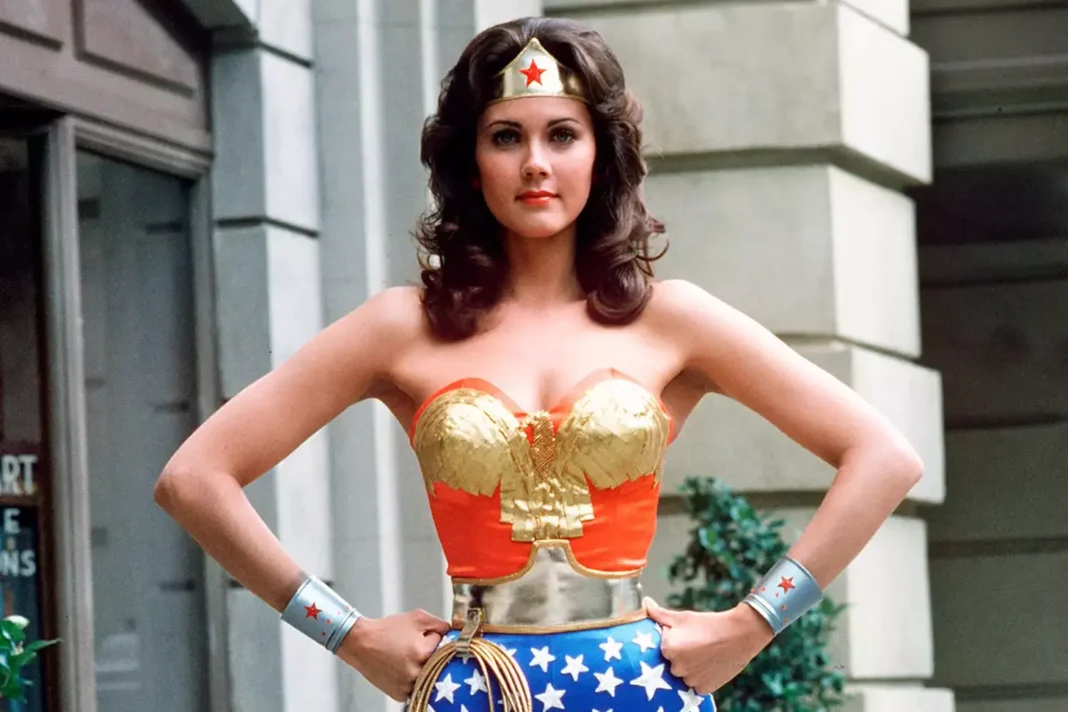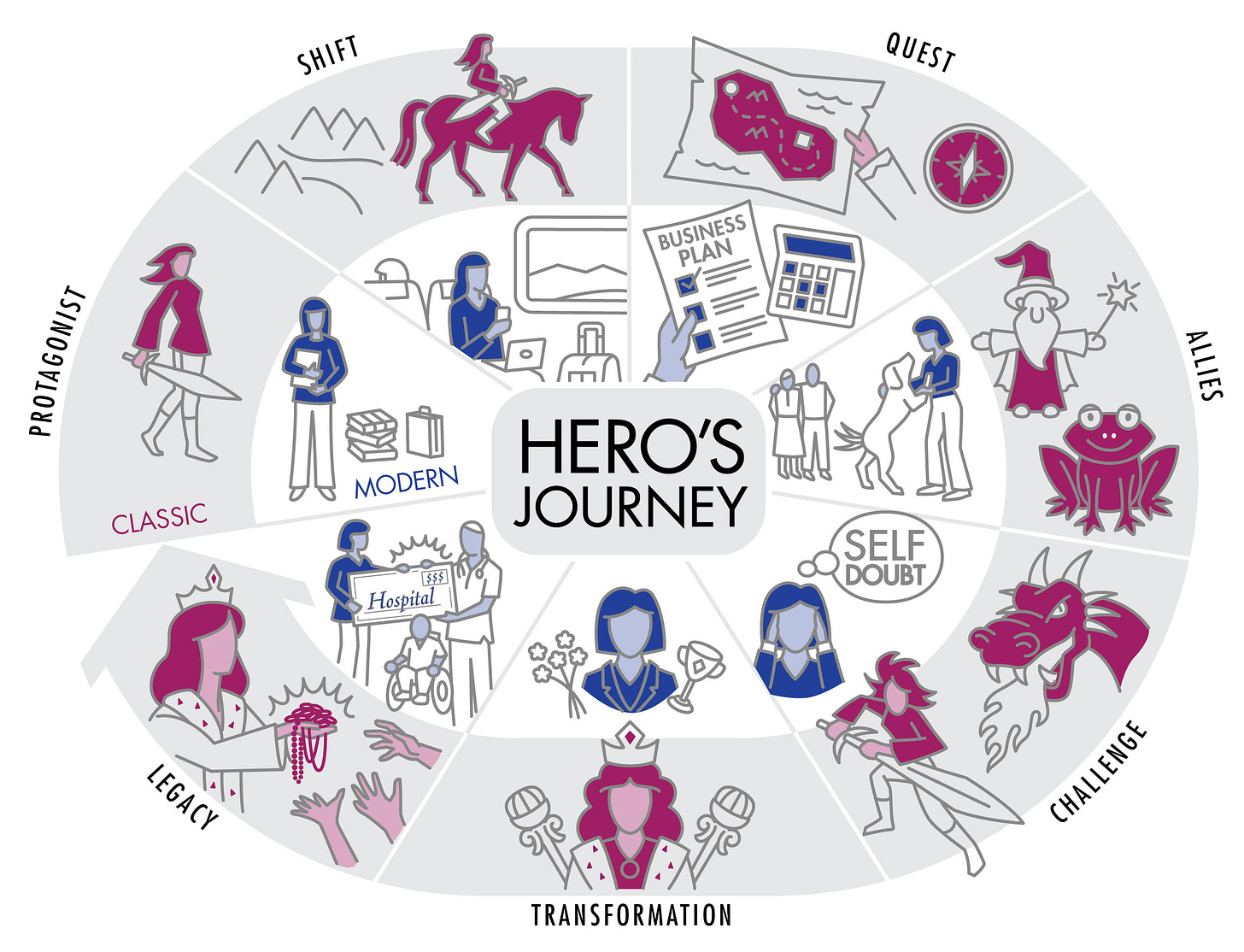“Being impacted by being what happened to you isn’t victimhood, it’s human.
Making an identity out of it is victimhood.”
— Seerut Chawla
The stories we tell about ourselves shape the people we become. If we fixate on how we have been wronged, we become wound collectors—stuck in the past and awash in grievances. Focusing on fragility overshadows our capability to overcome adversity. Making an identity out of the bad things that happen to us can result in a preoccupation with victimhood, leaving an individual stuck in a vortex of finger pointing, self-focus, and rumination.
Those with a victim mindset tend to:
- Constantly seek recognition of their victimhood — They have a perpetual need to have their suffering acknowledged.
- Have a sense of moral elitism — They perceive themselves as having an immaculate morality and to be morally superior to others.
- Lack empathy for the pain and suffering of others — They become so preoccupied with their own victimhood that they ignore opportunities to help others.
- Frequently ruminate about past victimization — They are so preoccupied with the causes and consequences of how they have been wronged that they have little interest in solutions. Moreover, such rumination reduces the motivation for forgiveness and increases the drive to seek revenge.
I wish you all the best,
Dr. Samantha Boardman








